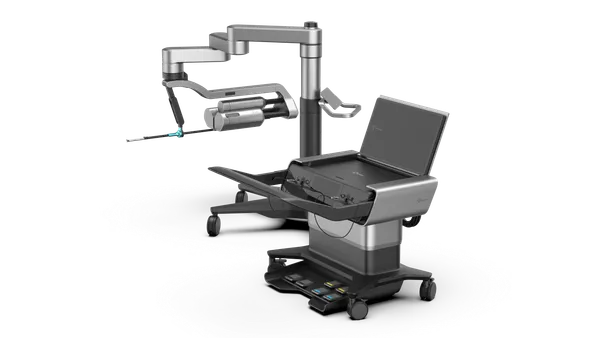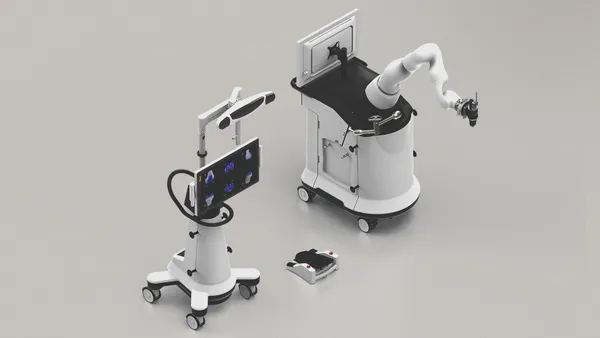Dive Brief:
- A saliva test may improve screening for prostate cancer by identifying people at higher risk based on genotype, researchers said Friday.
- Data presented at the American Society of Clinical Oncology annual meeting suggest the test can support prostate cancer diagnosis in people who are missed by other screening methods.
- The researchers are now comparing the saliva test to several screening methods such as fast MRI scans and prostate-specific antigen (PSA) blood tests to determine the best approach.
Dive Insight:
Genome wide association studies have identified variants associated with prostate cancer. Building on the studies, researchers at The Institute of Cancer Research, London, and The Royal Marsden NHS Foundation Trust developed and studied a DNA test that looks for 130 genetic variants linked to prostate cancer to calculate a polygenic risk score (PRS).
The researchers invited more than 40,000 men aged 55 years to 69 years in the U.K. to participate in the study, and about one-fifth of invitees expressed an interest in taking part. The process resulted in the team generating PRS scores for around 6,100 people.
The 745 men with the highest 10% of risk scores received invites for further testing. Some men declined or were excluded on health grounds. The remaining 558 people underwent MRI, prostate biopsy or both assessments, leading to 187 cancer diagnoses. More than half of the cancers were indeterminate or high risk and around one-third required treatment such as surgery or radiotherapy.
The study suggests the saliva test may have advantages over existing screening methods. For example, 55.1% of the 187 cancers detected were identified as aggressive cancers, compared with 35.5% by a PSA blood test in a recent study, according to the statement. Meanwhile, MRI failed to detect prostate cancer that was later confirmed by biopsy in 119 men identified as high risk by the PRS test.
Nearly 78% of patients diagnosed with cancer in the study had “normal” PSA levels that would not typically lead to further tests. The saliva test generated fewer false positives than PSA testing.
The researchers are now working to validate those findings in a larger study. In the first stage of the trial, around 12,500 people will receive either a saliva test, fast MRI scan, PSA test or the standard of care in the U.K. People in the U.K. are not offered PSA tests but can request one.
The most promising option or options from the first stage will advance into a study involving up to 300,000 men.












